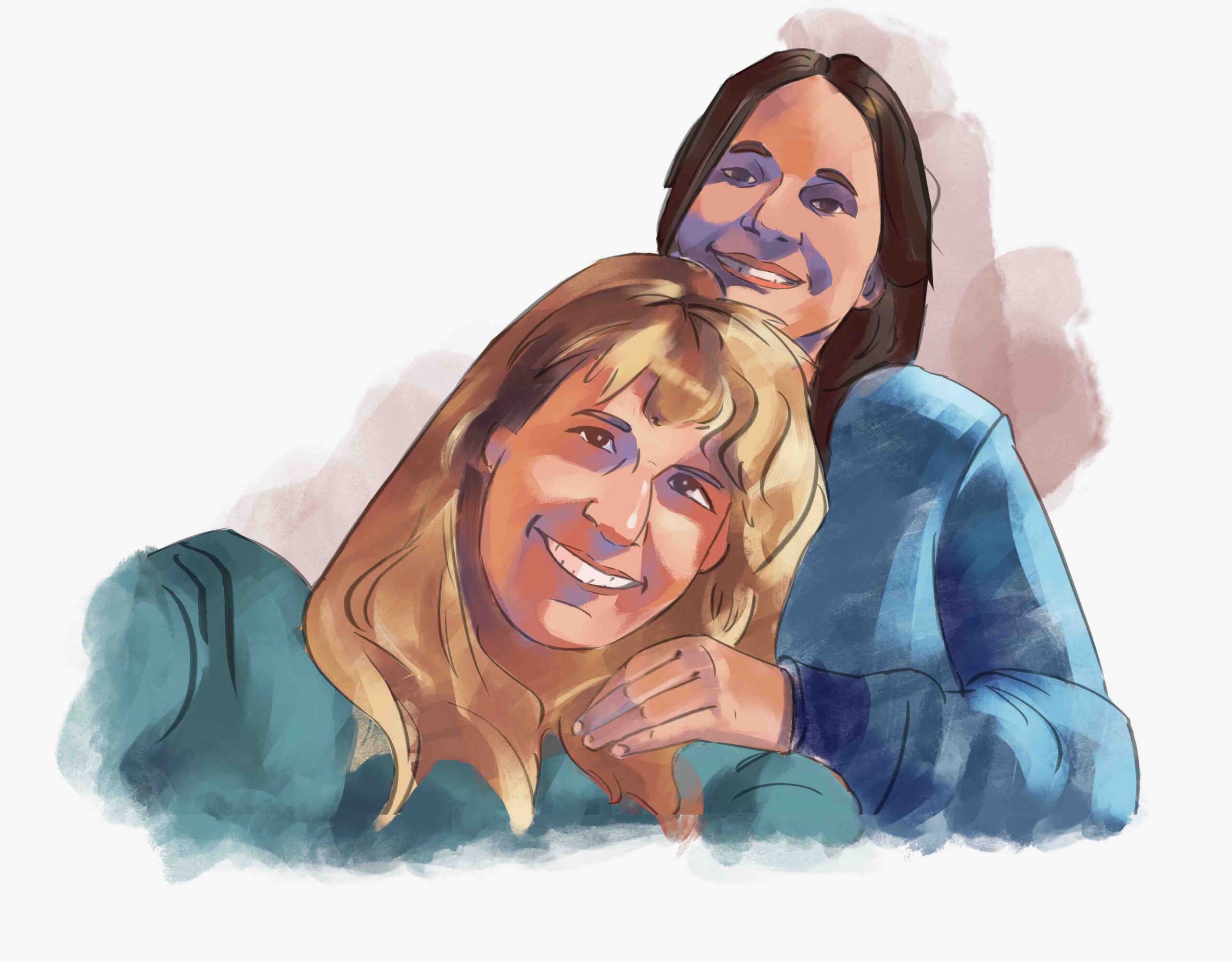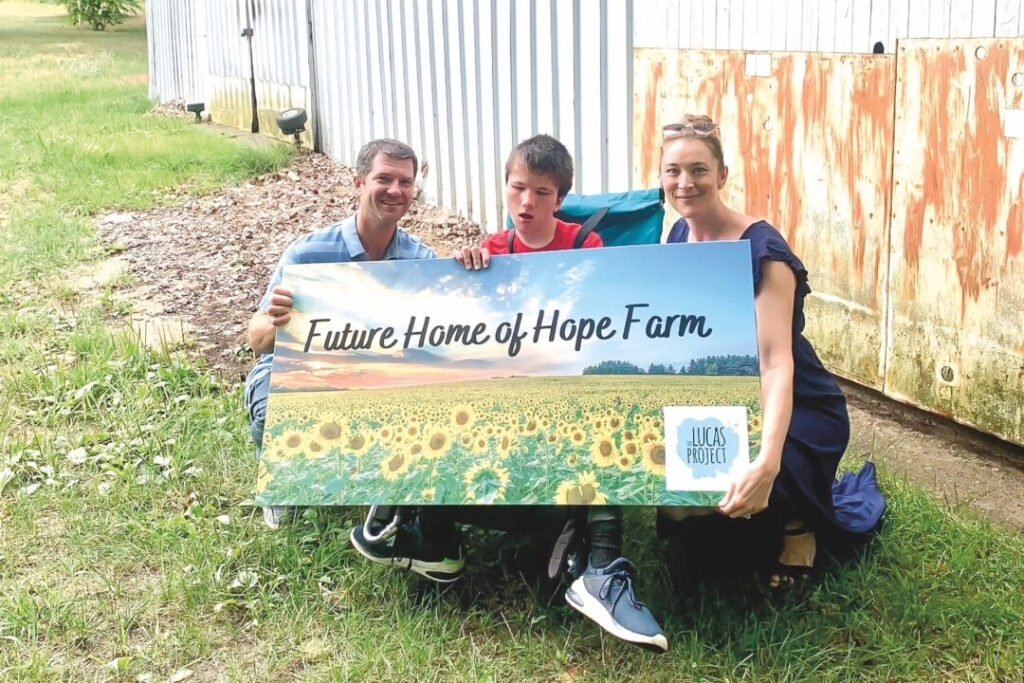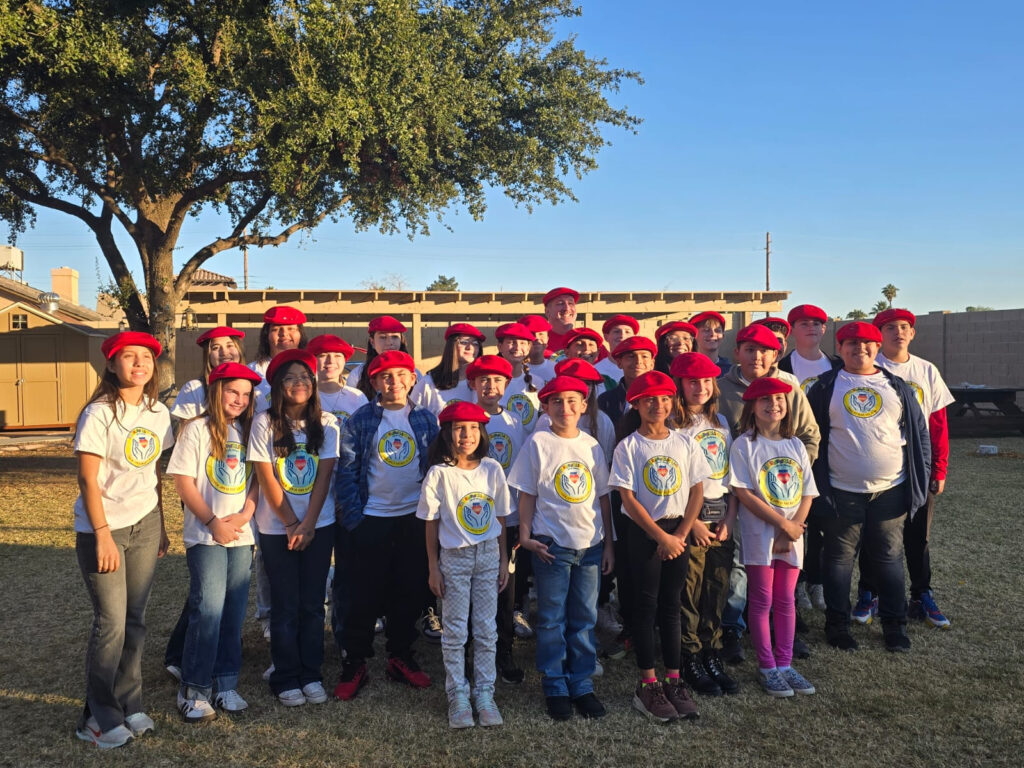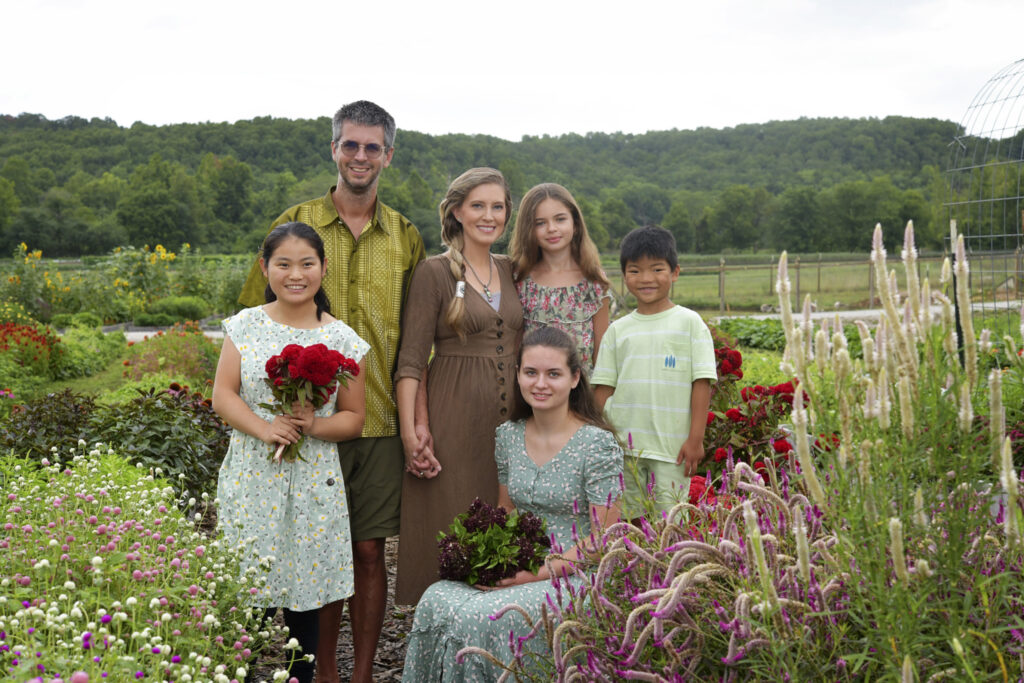Karen Framnes is a mother, wife, worker, and ultra long-distance runner who lives with her family—husband, teenage daughter, and their pets—in Rocklin, California, where the San Francisco 49ers football team holds its summer training camp. To say that she tackles many tasks daily understates the case greatly. For Karen and her better half, Kjell, rearing Olivia, their 14-year-old special-needs daughter, is a full-time task. Thus, achieving and sustaining a life-work balance is an everyday reality that Karen navigates, rain or shine. On the surface, her balancing act might look like a parent-guided effort of huge proportions. However, below the surface, Olivia is a big player. In fact, she is a driving force of inspiration in the daily life of Karen, who describes Olivia as “feisty” and “strong.”
Olivia displayed her resolute characteristics soon after birth. As a newborn, she battled not one but multiple life-threatening medical issues—every parent’s worst fear. They required many surgeries and therapies, according to Karen. She marvels at Olivia’s resolve to overcome the obstacles that life has put in her way. “Olivia has overcome tremendous physical and mental challenges due to her disabilities,” Karen says. It is Olivia’s responses to her diagnoses, which include cerebral palsy, that continue to inspire Karen.
“This girl has dug very deep to overcome them,” Karen says. “She has fought meningitis, stabilizing bad gastrointestinal issues, overcoming very scary breathing apnea, and other health issues. Olivia has this great strength and fights hard to thrive. She is strong and gets back up quickly. It truly inspires me to dig deep to overcome my own challenges—some have been pretty petty compared to hers.” “Quit” is not a word in Olivia’s vocabulary.
Human beings learn from each other in varied ways. Kids learn from parents. Children also teach parents. Olivia’s resilience to survive against steep odds has rubbed off on Karen in ways big and small, in and out of their home. In part, Olivia’s resolve teaches Karen to roll with the punches that life delivers. On the job, for instance, Karen’s employer might give her an unexpected deadline to finish a project by the end of the business day. Some people might go ballistic in such a scenario. That is not Karen’s response. She accepts the workplace task in stride, seeing it as a minor blip compared with the health and wellness challenges of Olivia’s life.
As an ultra long-distance runner competing in trail races up to 100 miles long, such as the Headlands Hundred that she finished in 37 hours and 37 minutes last August, Karen reaches deep down into herself to flesh out the energy to finish. She has run scores of such races—not that they get easier, as the weather, for instance, can and does change, forcing runners to adapt. Marathoners talk about hitting a wall of fatigue near the end of their 26.2-mile race. By way of comparison, Karen runs nearly four times that distance in her ultra-long race competitions, pushing past fatigue, mentally and physically, to stay on track and finish her races. Thoughts of Olivia battling and overcoming health issues, beginning from infancy, serve as inspiration as Karen runs mile after mile on the ultramarathon course. Life is not a sprint but a long-term project; parenting a special-needs child is a little like the ultramarathons that Karen runs.
Identifying and setting familial priorities is also part of Karen’s life. “Luckily, our son is older and has his own home,” Karen says. “Olivia is the priority in the house. It is a balancing act trying to explain to her to be patient and wait for attention.” Karen knows that her daughter’s behavior is only partly disability-related. It is a case of “cannot and will not”—her daughter can’t do some tasks and simply won’t do others. It is not one or the other, but both. That is easy to say but less so to cope with, day after day, as many adults with disabled kids experience. “Part of it is related to her condition and part is related to her being a teenager,” Karen says.
Olivia’s diagnoses include intellectual disabilities. Karen has a unique approach to help her daughter: she encourages Olivia’s affection for pets. “Olivia loves our dogs. I sometimes feel that is her priority, which warms my heart.” Emphasizing such positive interactions that help Olivia—that is what it takes to make her, Kjell, and Karen move forward. It is a one-step-at-a-time endeavor, a little like finishing an ultramarathon.













